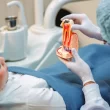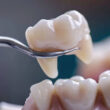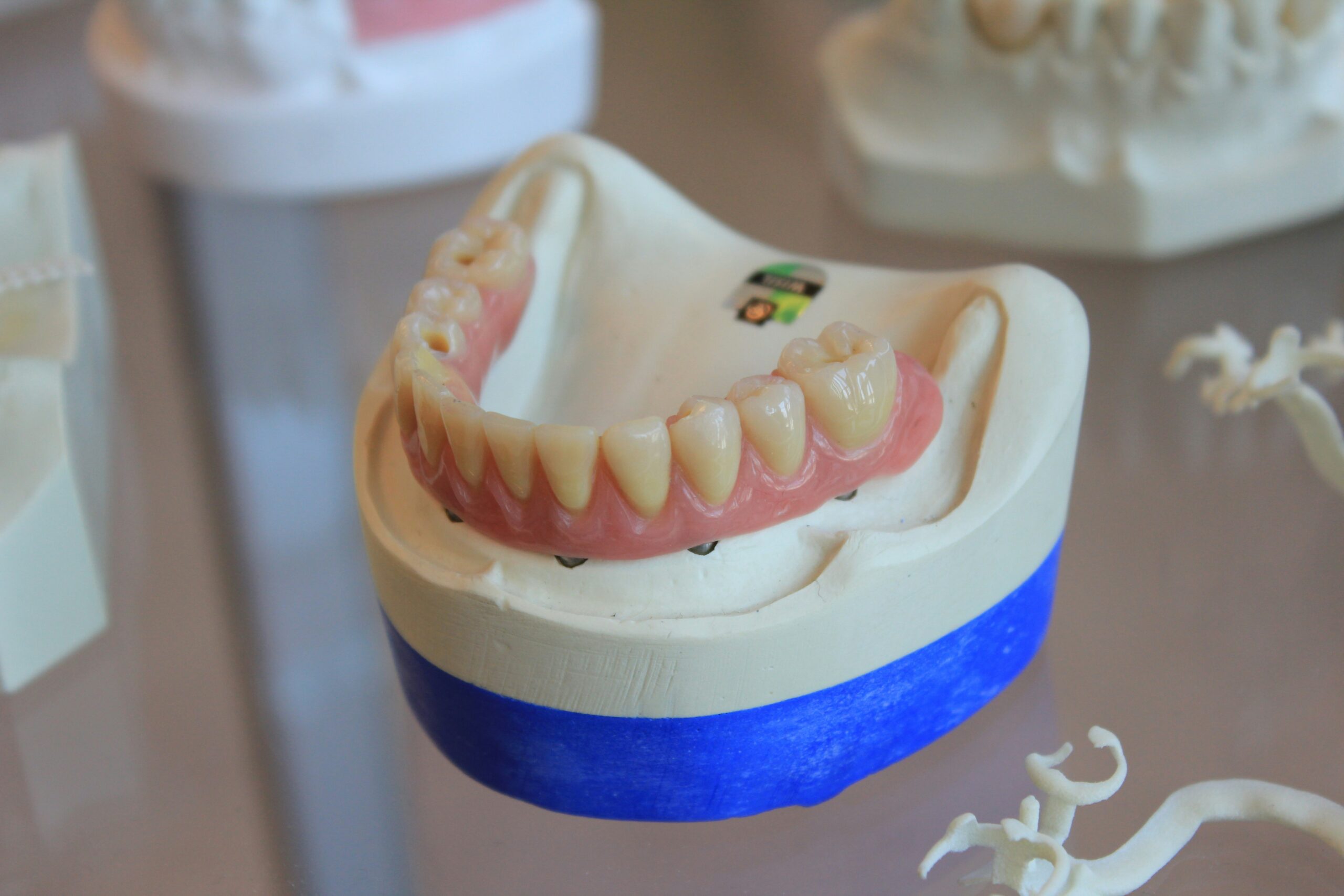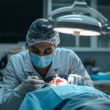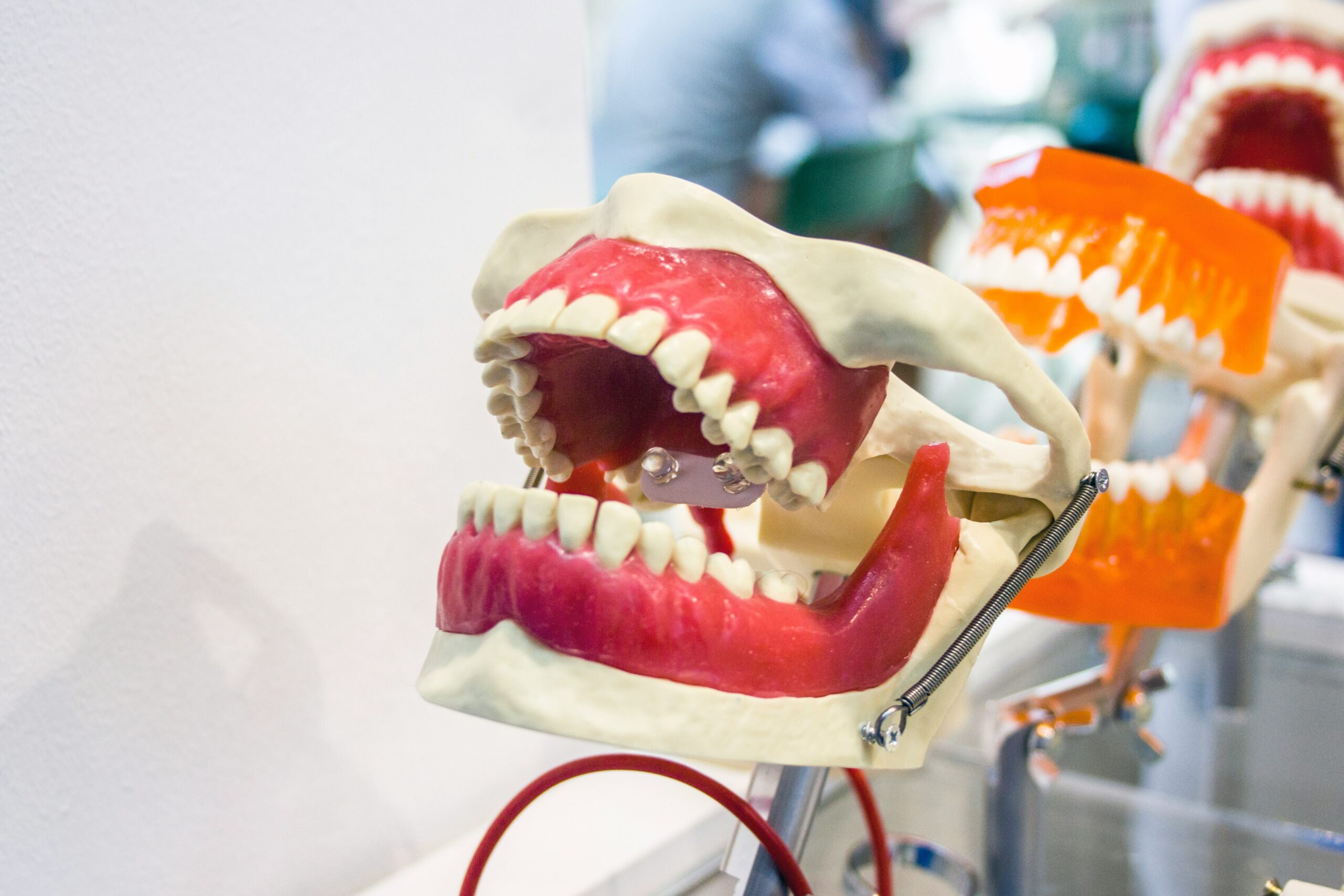If you’ve ever gone online to research the dental implant procedure, chances are you’ve seen warnings to avoid taking dairy products following the surgery. And that begs the question, “why no dairy after dental implant?”
For people who aren’t fans of dairy products, this advice might seem straightforward to follow. However, if you love dairy products, you’d likely be concerned about the authenticity of the advice.
Whether or not you think you’d fare nicely without dairy foods for days, here’s exploring how true such claims are.
Why the “No Dairy After Dental Implant” Advice May Be Baseless
The most popular reason behind the advice to avoid dairy after a dental implant is the risk of infection. Granted, dairy foods contain bacteria, and having bacteria close to the implant site could trigger an infection.
Although this sounds logical, however, there’s still no strong scientific information to justify why no dairy after dental implant is recommended.

A limited number of studies have examined whether consuming dairy shortly after implant surgery raises the risk of infection. Some of these studies noted a slightly higher infection rate among patients who consumed dairy than among those who didn’t. Notwithstanding, the differences were minimal.
Meanwhile, several other studies showed no link between dairy consumption and implant infections. Generally, the facts are conflicting and inconclusive. Instead, poor oral hygiene, smoking, or other tobacco consumption are more likely to cause infection in patients who recently had a dental implant.
While dairy foods contain some bacteria, many other regular foods, such as vegetables, fruits, and even your tap water, also do. That’s not all. Everyone’s mouth naturally plays host to plenty of bacteria.
Consequently, asking a patient to avoid dairy following a dental implant could mean robbing them of the nutritional benefits of this food class.
Read also: How to Get Dental Implants Covered by Medical Insurance
Why No Dairy After Dental Implant is Recommended?
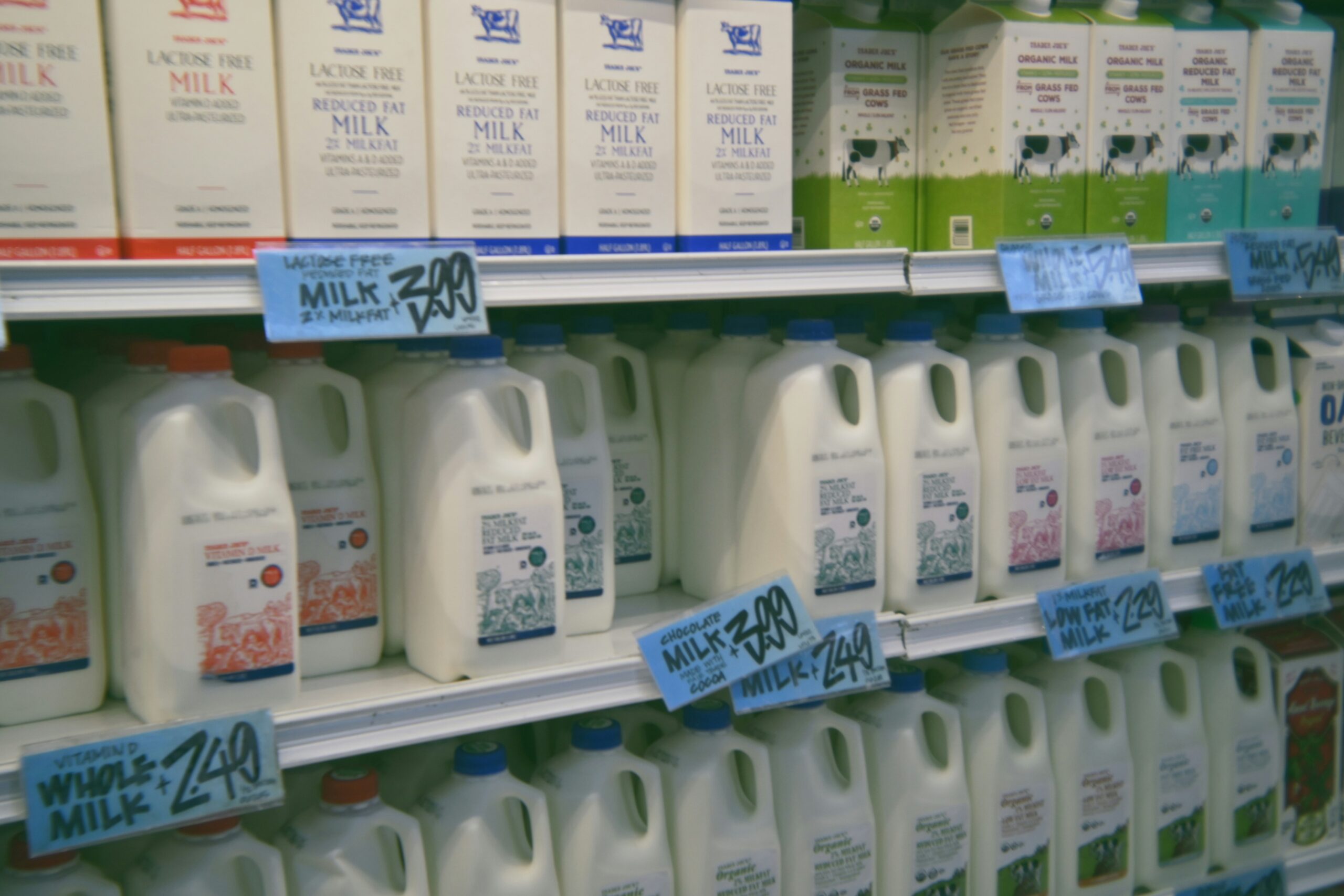
Despite the undeniable benefits of dairy foods, some dentists who specialize in implants recommend avoiding them for various reasons. Here is why no dairy after dental implant is prescribed by some healthcare providers.
- Limiting interactions with medication
The dentist or health provider who performs the implant surgery may prescribe some medications (such as antibiotics or pain relievers) following the procedure. Some of these medications can negatively interact with the calcium content in dairy products.
As a result, while there is no viable evidence that dairy foods significantly increase the risk of implant infection, a provider may still recommend avoiding dairy or cold foods. That way, the patient can prevent any limiting interactions between dairy foods and certain medications.
- Avoiding discomfort and sensitivity
Immediately following an implant, some patients may experience swelling, mild pain, and sensitivity in the affected area. Eating cold, sugary dairy foods like ice cream and yogurt could complicate such discomfort or sensitivity. Patients experiencing sensitivity to cold want to avoid extremely cold (or extremely hot) foods until the region heals.
- Disrupting the healing process
Another rationale for counseling against dairy after dental implants is to avoid potential disruption of the healing process. Some healthcare providers believe that certain components in dairy products, such as lactose or casein, may interfere with the body’s natural healing mechanisms in specific situations.
Like other myths, there is limited scientific evidence to support the recommendation to avoid dairy after dental implants. Instead, studies show that a balanced and nutrient-rich diet is vital for optimal healing after surgery. Sticking to a balanced diet and consuming foods rich in vitamins, minerals, and protein can support your healing process after a dental implant.
Benefits of Dairy Foods
While there are hypothetical drawbacks to consuming dairy foods near a recent implant site, there are notable reasons why patients may want to include dairy foods in their diet during recovery.
Let’s see some benefits of taking dairy foods:
- Dairy products like yogurt and kefir contain probiotics that can benefit your gut and oral health
- Soft dairy foods such as puddings, milkshakes, yogurt, and smoothies are nutrient-dense but don’t require much chewing. They can make eating easier if chewing is more uncomfortable, just after a dental implant.
- Dairy products are rich in calcium, protein, and other nutrients that can promote healing following a surgical procedure.
Read also: 4 Types of Dental Implants: How to Know The Right One For You
Can You Bite Into Foods Immediately After Dental Implants?

Your dentist will place a temporary restoration over the dental implant region immediately after the surgery. This prosthesis will serve to restore your facial aesthetics and shouldn’t be used for chewing food.
The temporary prosthesis will remain in your mouth for about 6 months while the implant region heals. Following the recovery period, your dentist will consider an X-ray of your teeth to assess the quality of bone formed around the implant.
If the implant has been firmly anchored, the dentist will replace the temporary prosthesis with a permanent one (which could be an overdenture or a crown). A permanent prosthesis will enable you to enjoy all your favorite meals.
What to Eat After a Dental Implant
A patient’s diet following a dental implant can affect their healing process. While the dentist may provide additional instructions depending on the patient’s case, here is a basic dietary guide to follow during healing after a dental implant procedure.
- Avoid hot or cold meals: extremely hot or cold meals may cause discomfort if the surgical area is sensitive.
- Concentrate on nutrient-dense meals: choose meals with plenty of protein, such as lean meats, tofu, fish, and beans, alongside vitamin-rich foods like fruits, veggies, and whole grains. Also include dairy foods if your dentist didn’t rule them out.
- Avoid alcohol and smoking: smoking or taking alcohol can complicate the healing process. Avoid these substances until the dentist clears you to take them.
- Drink plenty of water: staying well-hydrated can aid the healing process.
- Eat soft foods: Avoid hard, crunchy, and sticky foods (such as nuts, popcorn, and chips) that can irritate the surgical site.
Following an implant, it’s essential to follow all the instructions provided by your healthcare provider regarding medication, oral hygiene, and a recommended diet.
Read also: 5 Cheap, Best Alternatives to Dental Implants
Conclusion
Now you have your answer to why no dairy after dental implant. While dairy foods may contain some bacteria, but so does tap water and everyone else’s oral cavity. Except that your dentist specifically recommends avoiding dairy foods shortly after a dental implant, feel free to include milk-containing foods during the recovery period.
Be sure to follow all guidelines from your health provider regarding medication, diet, and hygiene to guarantee a seamless healing process. Meanwhile, contact your health provider immediately if you notice any increasing swelling or persistent pain following an implant surgery.
Generally, dental implants should go very smoothly once the patient takes appropriate care and precautions.


